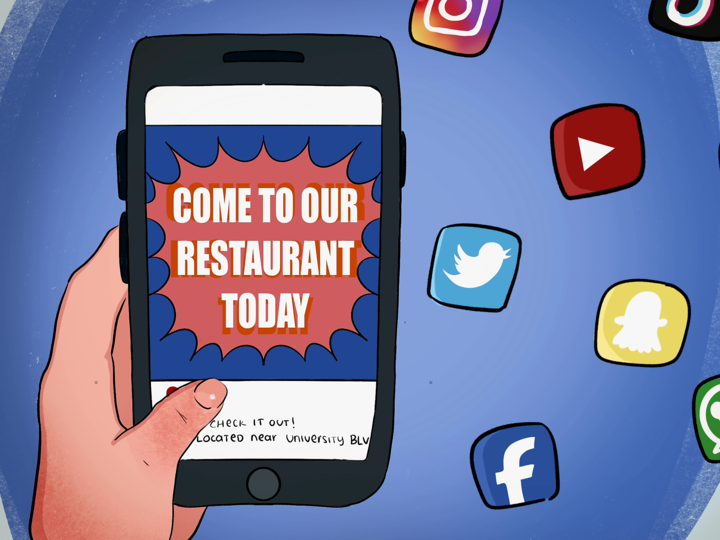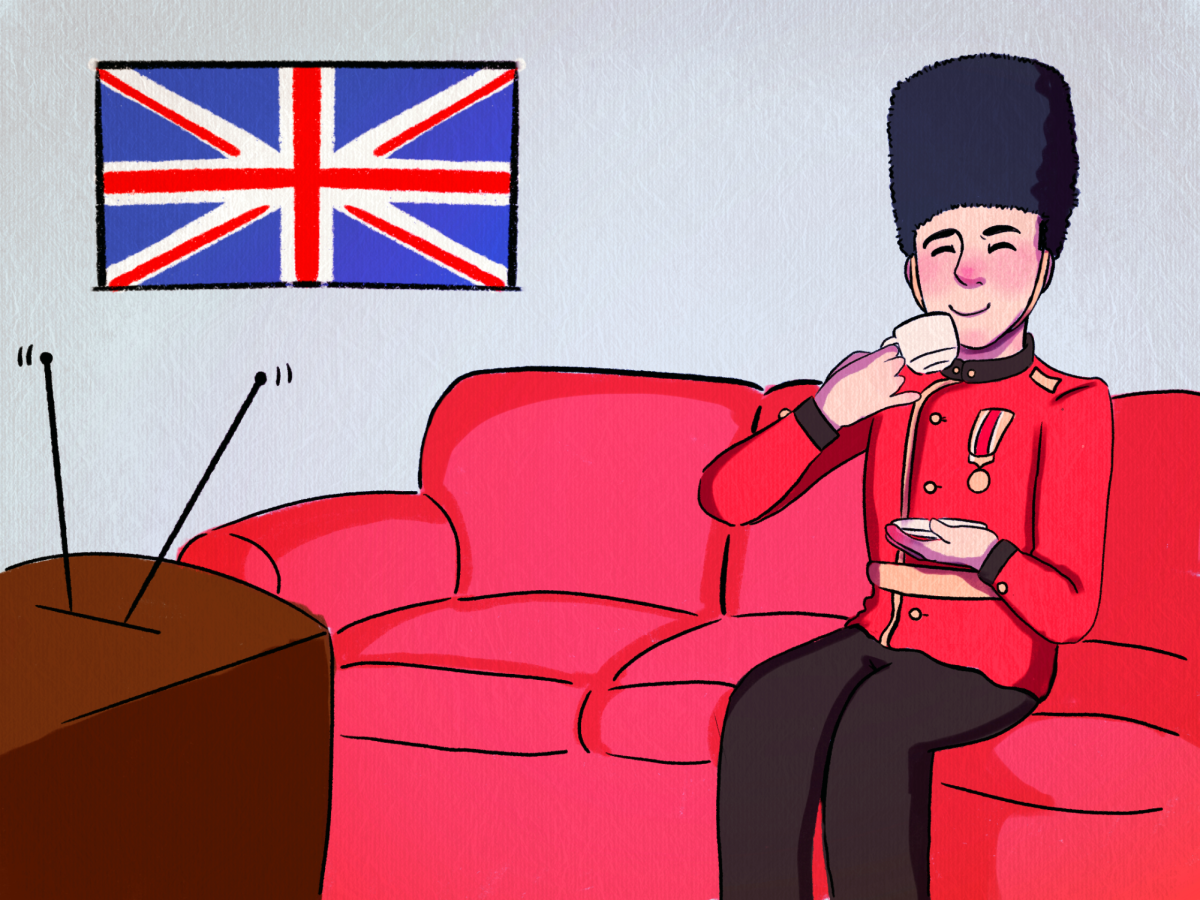Students deserve their money’s worth, but customer isn’t always right
Should universities view students as customers? An article in the Chicago Tribune has raised the question once again, following the resignation of Dean Ted Snyder from the University of Chicago’s Booth School of Business. Snyder lambastes the idea, arguing that the adoption of a “”customer is always right”” attitude lowers the standards of the institution. David Bejou, head of the business school at Elizabeth City in North Carolina, disagrees.
“”You need to understand what this new generation wants,”” he says. Bejou invokes the specter of “”a faculty member with white hair and a tie standing at a blackboard trying to write a formula.”” I must admit, I’m unsure what he means, aside from establishing his credentials as “”hip”” and “”with it”” and whatever else those damn kids are saying these days, by leveling an attack at formal wear and the elderly. If your professors are trying (and apparently struggling) to write formulas on the blackboard, the solution is not to radically restructure the educational system. The solution is to fire the professor.
The Center for American Progress, a progressive think tank with ties to the Clinton and Obama administrations, released a memo late last year entitled “”Putting the Customer First in College””, advising that universities should serve their customers by “”produc(ing) a College Customer Bill of Rights that enforces truth in advertising”” and “”ensure that mandated federal data”” is treated in such a way “”that (it) empowers students with usable customer information.””
But this treatment of the student as customer is far from, as Bejou advises, tailoring academic programs to students’ desires. As Peter Katopes writes in an article for “”Inside Higher Education,”” “”the business model, which prizes ‘customer satisfaction’ … above all else, has led in higher education to an imbalance in the relation between student and institution (and) has led to a culture of entitlement and instant gratification.””
Certainly, a university’s primary obligation is to serve its students. And no institution should be deaf to student input and criticism, which could help to reveal flaws within the system. But the purpose of education is not to provide students with what they want, but what they need — an education which, though it might be strenuous and differ considerably from what students believe they want, provides them with well-earned knowledge and reasoning skills.
— Ben Harper is a philosophy senior who is both “”hip”” and “”with it.””
He can be contacted at letters@wildcat.arizona.edu
Education or business? Both, unfortunately
Universities have all the luxuries of having customers without the annoyance of having to listen to or please those customers. No matter how educators would prefer to frame the debate, a degree is a product. The university is a business. And as long as students pay for that product to keep that business going, we are customers.
As Mark C. Taylor, chairman of the religion department at Columbia University and author of the book upcoming book “”Crisis on Campus: A Bold Plan for Reforming our Colleges and Universities,”” noted in a Jan. 3 column on The New York Times Web site, “”It is ludicrous not to acknowledge that colleges and universities are businesses, and higher education is one of the most important domestic and international industries.””
Taylor went on to note, “”To deny that higher education is a product and students are customers is to ignore the reality of the current situation and to duck the tough questions we should be asking.””
Taylor and the other educators who weighed in on this issue were primarily considering graduate programs, but the point is relevant even to the undergraduate environment. For example, schools spend vast amounts of money mailing flyers and pamphlets to woo potential applicants, advertising the school just as a business would advertise its products.
Universities have the luxury of having thousands of high-paying customers — they should have to treat us that way. But because they purport that they are educational institutions, not businesses, universities can and do say, “”Sit down, shut up, you’re a student and we know better.”” The system of higher education can’t have it both ways: to treat students like we’re customers only until our tuition checks are cashed is creative rationalization that is dishonest and unfair.
As Taylor said, “”Education for education’s sake is only possible if someone else is paying the bills.””
— Anna Swenson is a sophomore majoring in English and is not a satisfied customer. She can be contacted with ransom notes, comments and disagreements at letters@wildcat.arizona.edu.








